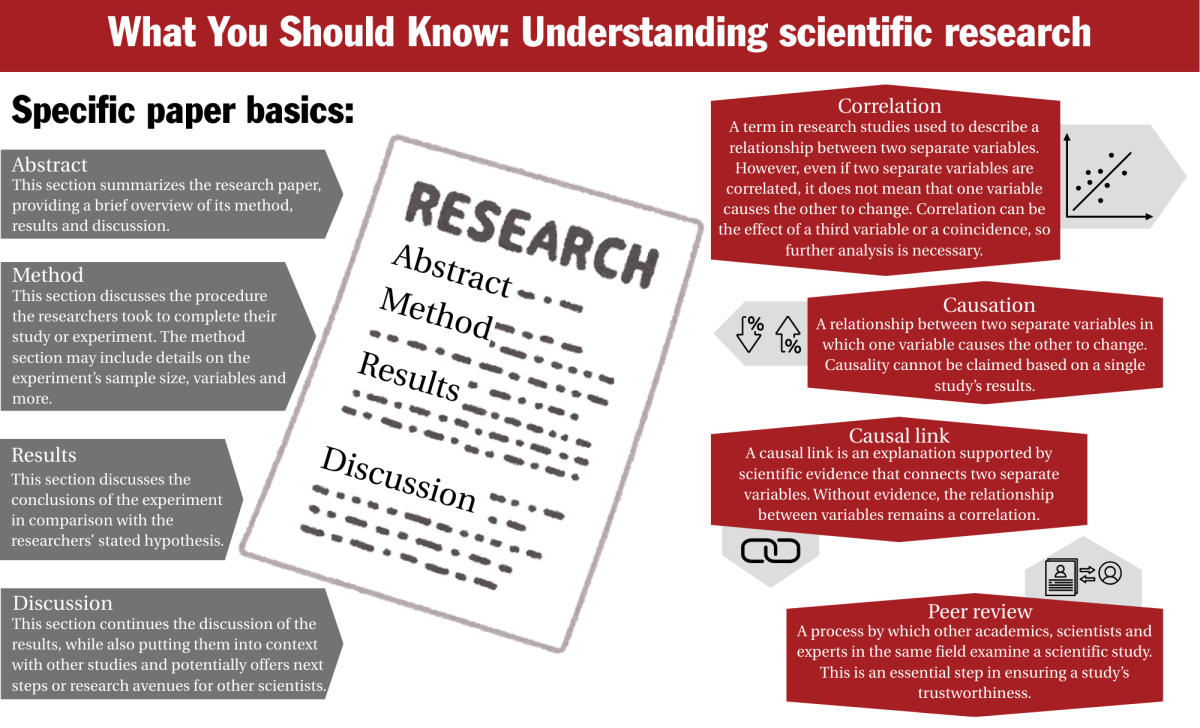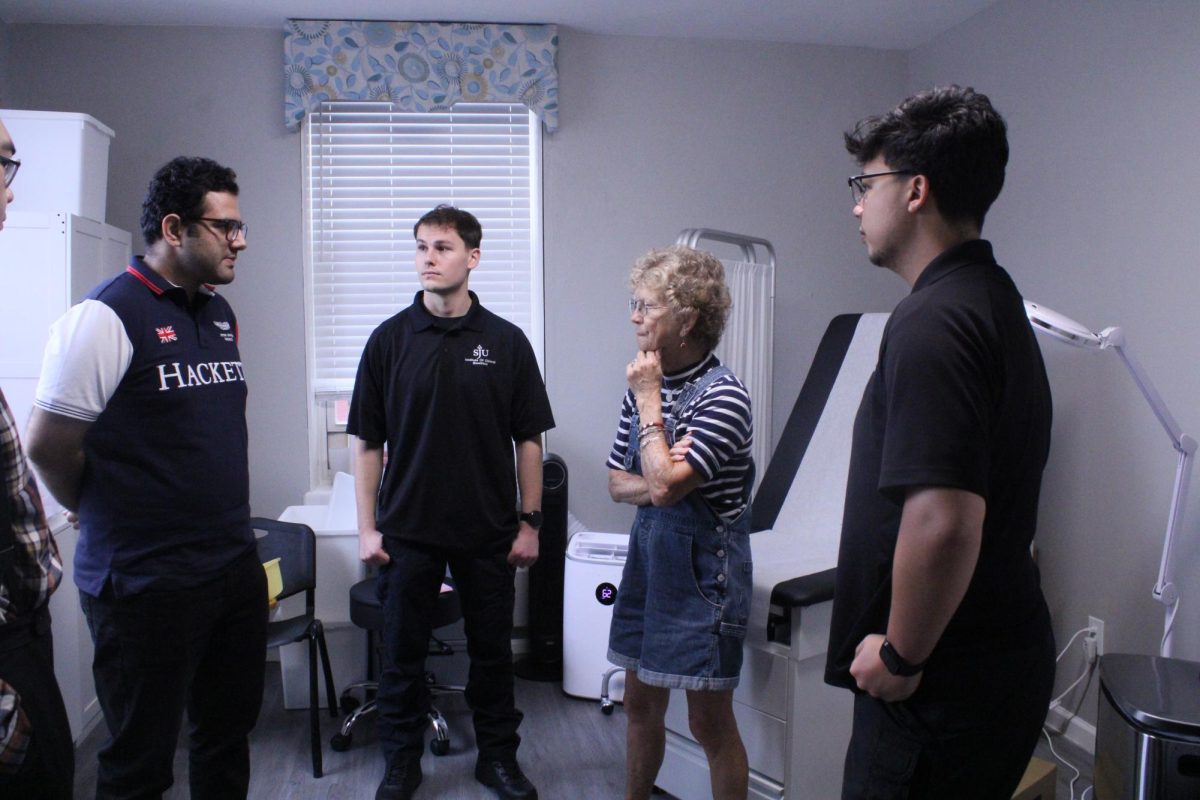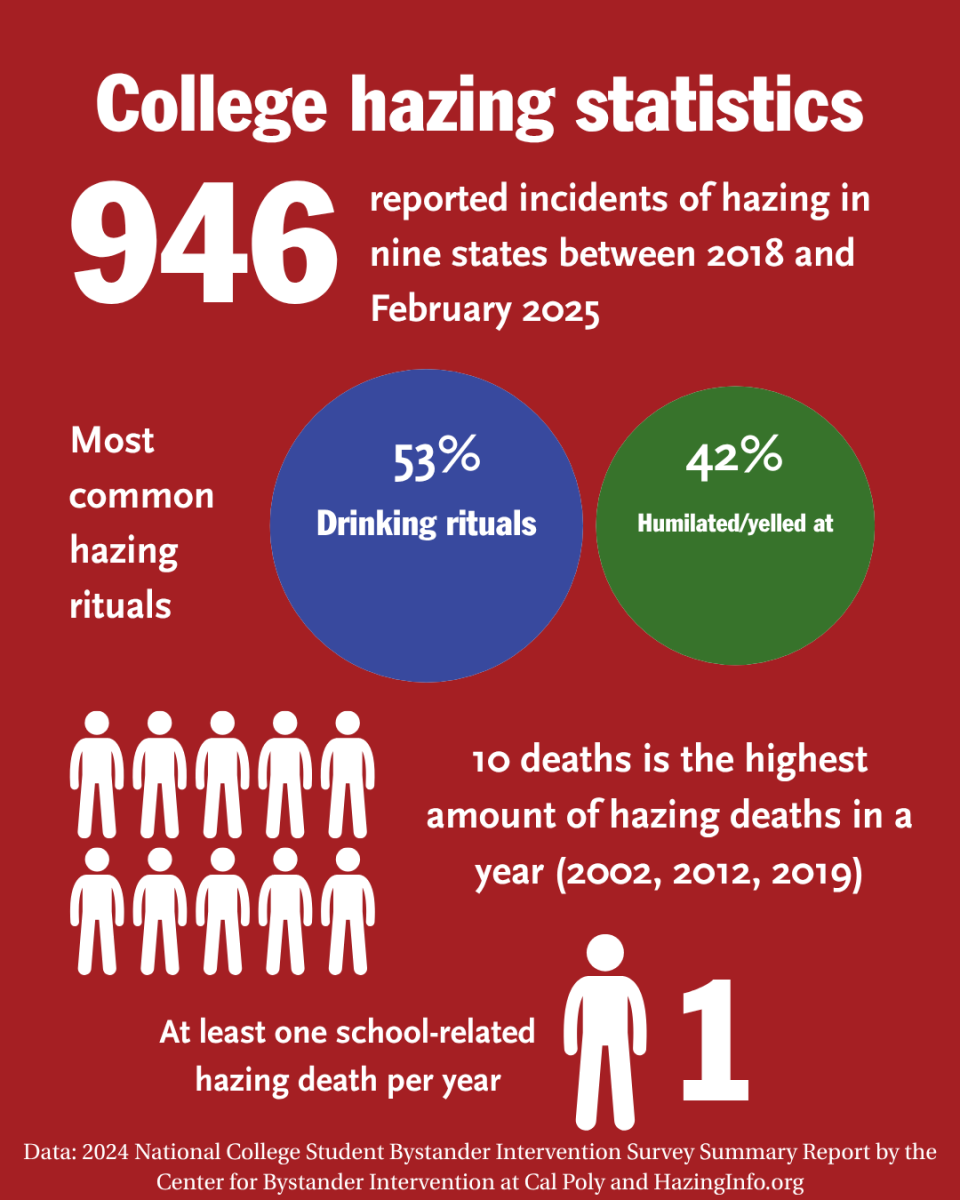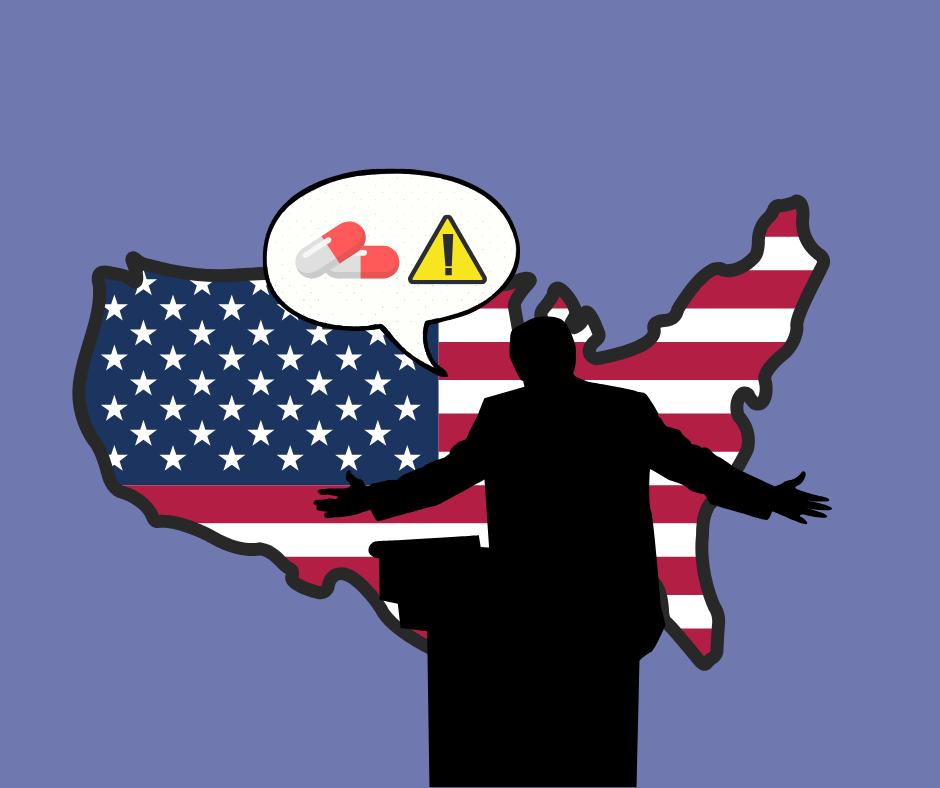The Trump administration announced in a White House press conference Sept. 22 that there may be a link between Tylenol and autism. While studies cited by Trump have found some correlations between Tylenol use during pregnancy and autism, such as “Evaluation of the evidence on acetaminophen use and neurodevelopmental disorders,” correlation does not equate to causation. Leading health organizations, including the Food and Drug Administration and World Health Organization, have stated current evidence does not establish a verifiable link between Tylenol and autism. The Trump administration’s claims risks compromising scientific integrity and eroding public trust.
Tylenol is not just an over-the-counter medication; medical professionals recommend the pain reliever to pregnant women over other alternatives, such as ibuprofen, aspirin and naproxen, due to well-documented risks to fetal development. By announcing Tylenol is no longer safe to use, pregnant women are left with limited medically approved options for managing pain.
Neurodivergence is not a birth defect but rather a reflection of the natural diversity of human minds. Autism, ADHD and other neurodivergent identities should be accepted, supported and valued. Neurodivergence produces extraordinary creativity, personal resilience and diverse thought processes that stand to benefit society. To frame autism as a negative outcome of pregnancy reinforces stigmas and erases the dignity of millions of neurodivergent individuals in the United States.
The social consequences of this announcement are significant, possibly deepening existing stigmas and limiting the agency of women in decisions over their own health. For pregnant women, the loss of medically backed and approved pain relief is vital because it reduces (or potentially eliminates) their ability to work and even socialize. In effect, advising women against using Tylenol for pain management during pregnancy may create barriers for women seeking the balance between both a family and professional life.
If the administration’s goal was to support the well-being of mothers and their children, a more nuanced and practical approach would be better suited, such as investing in more research, prenatal care and financial support for families, rather than issuing statements that risk undermining trust. Emphasizing weak correlations as conclusive not only damages public confidence in healthcare but also frames motherhood as a means for control. The public deserves honest and accurate science, women deserve accessible healthcare and neurodivergent people deserve dignity. Anything less than this compromises justice, health and equality.











































